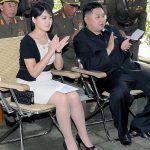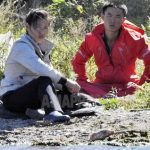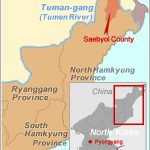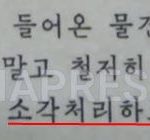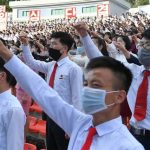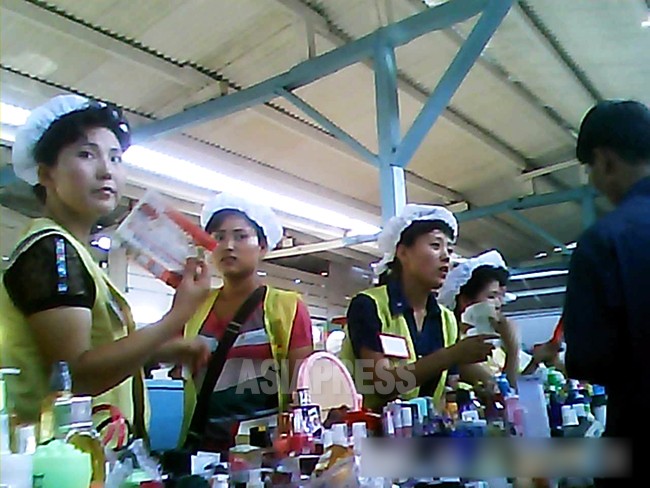
North Korean authorities have begun a major consolidation of organizations affiliated with trading companies. Since the late 1990s, a number of so-called "foreign currency earning bases" (hereinafter referred to as "bases"), which are responsible for the production and management of export goods, have been created under the umbrella of power institutions and trading companies, and their closure and consolidation has been ongoing since late last year. The political reason given for this restructuring is that the bases are becoming hotbeds of "anti-socialist behavior." The following report is based on information from several reporting partners in the northern region of the DPRK. This is part one of a two-part report. (ISHIMARU Jiro / KANG Ji-won)
◆ Trading companies were organizations with special privileges created by powerful institutions
North Korea's trading companies, many of which were established under the umbrella of the Workers' Party, military, government agencies, and police, are headquartered in Pyongyang, with branches and logistics centers in provincial cities.
The trading companies mainly exported underground resources, fisheries resources, primary products such as herbal medicines, dried wild plants and fruits, and "manufactured" goods such as wigs and eyelashes to China. They also imported general consumer goods, food, vehicles and machinery parts from China and sold and distributed them in the country, earning profits and making payments to higher authorities.
The types and quantities of goods exported were allocated to each trading company by the central government through the “waku” system (the word is believed to be of Japanese origin). Imports from China were imported by trading companies at their own discretion to meet domestic demand and distributed around the country in collaboration with the "donju" (the DPRK’s wealthy entrepreneurial class).
Since 2019, trading companies have been subject to increased governmental controls. The authority of the Cabinet's Ministry of External Economic Relations was greatly strengthened, while the discretion of each trading company was reduced. With the outbreak of the coronavirus pandemic in January 2020, borders were closed and trade volumes plummeted. Only a limited number of items authorized by the Ministry of External Economic Relations could be imported and exported to China from Nampo on the west coast.
Under the pretext of preventing the spread of COVID, North Korea's trade activities quickly shifted to a state-led system.
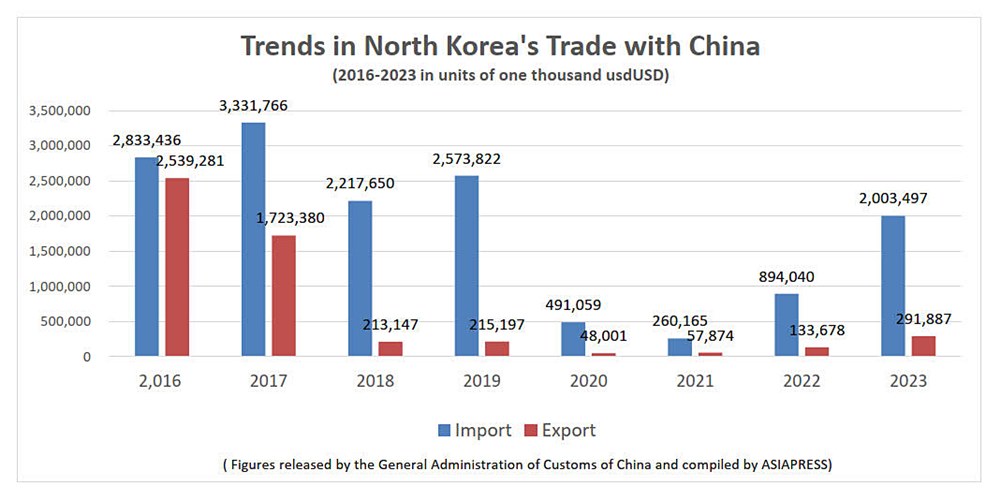
◆ Government forces consolidation of “bases,” which are key to trading companies in the provinces
Here, an explanation about “bases” is needed. Bases are the center of production and export of "contract manufactured" goods that are produced to earn foreign currency. It is the smallest unit in North Korea's foreign currency earning system.
As mentioned above, many Chinese medicinal ingredients, wild vegetables, and marine products were exported to China (marine products were banned under the 2017 UN Security Council sanctions). These resources were gathered by ordinary people from the wilderness and the sea. The organizations that produce or purchase and manage these resources are called "bases.” The bases became the center for distributing imported goods from China to various parts of the country.
North Korea-China trade has been recovering rapidly since the easing of quarantine controls in 2023. Kim Jong-un's regime has shown no signs of loosening its control over trading companies, and is instead pushing hard for the consolidation of these bases.
Why? A reporting partner in North Hamgyong Province who is a member of the Workers' Party told us the following explanation, based on what he heard from the central government:
"According to officials, the people have suffered greatly because the trading companies have been taking advantage of them by distributing food and local supplies at high prices. Now the trading company is a hotbed of anti-socialist behavior. (The consolidation effort) is aimed at preventing them from becoming just a money-making organization."
We conducted an interview with the reporting partner about the status of the reorganization and integration of trading companies.
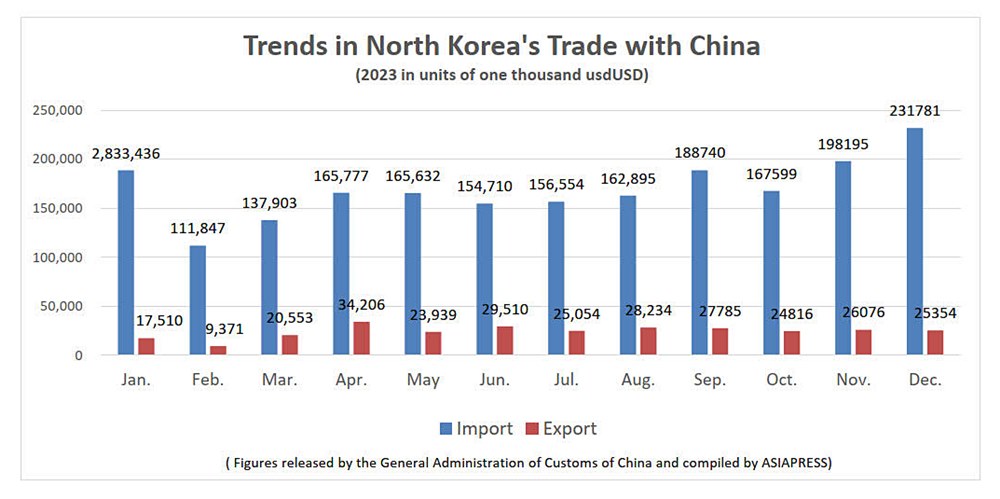
◆ Even organizations affiliated with military-run trading companies are being closed down
-- When did the consolidation of trading companies begin?
Orders to investigate trading companies were issued in late November last year. In North Hamgyong Province, several bases have been dismantled since January this year, and workers have been dispersed to other factories and enterprises by the labor department of the people’s committee (local government).
-- Please provide specific examples.
For example, the bases of the Dongyang Company, a shoe factory, and the Geumeunsan Company in Hyesan were dissolved. The leaders who managed the bases and the workers who worked there were assigned to general factories.
*The Geumeunsan Company was a trading company under the General Department of Military Mobilization, headquartered in Pyongyang. It was involved in the importation of crude oil, domestic sales of condensed milk, and the food industry. The Dongyang Company is military-affiliated and is part of the Supreme Guard Command, but there is little clarity on what it does.
-- What did these bases do?
Originally, they were sending goods from China to other parts of the country, or purchasing medicinal herbs and wild vegetables for export to China, but this was stopped during the pandemic. So, to make money, the employees of the bases went into various businesses such as restaurant management. They were able to do this because the bases had business licenses.
◆ Domestic distribution activities criticized as being the source of “anti-socialist activity”
-- These are harsh measures.
What was particularly problematic was that they were making money by distributing domestic products and resources, including food. This is the root of anti-socialism (according to the authorities). The companies are also conducting their own thorough investigations. They are investigating what the base employees did when they went to work and what kind of business they engaged in. A lot of corruption has been uncovered.
-- The companies’ domestic distribution activities would appear to have taken a hit.
The trading companies did not have fixed sales licenses and were selling to individuals and merchants. Now, distribution to individuals (civilians) has been completely banned. In the past, if you had the money, you could do whatever you wanted, but now you can only do what the state decides and approves. Trading companies are only allowed to distribute through state-owned distribution networks.
-- Will the loss of the bases hinder North Korea’s export activities?
Many bases of well-financed trading companies have been abolished. Many people are worried about whether the government will be able to handle things (acquiring resources). (To be continued in the next installment) To 2 >>
※ ASIAPRESS communicates with reporting partners through Chinese cell phones smuggled into North Korea.
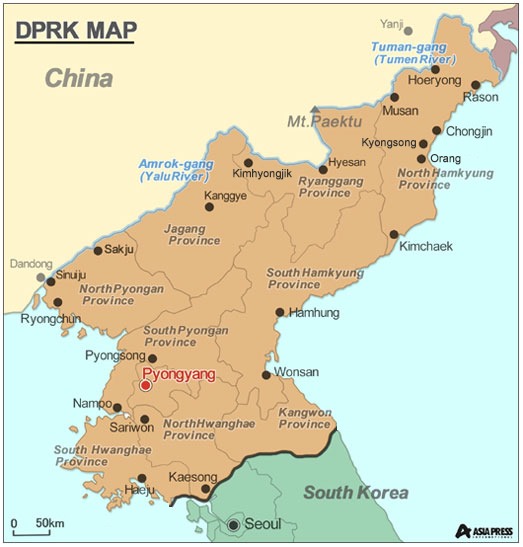
- <Inside N. Korea> Regime tightens reigns on young people...A public trial and ideological struggle in February led to intensive attacks and forced participation in firing squads
- <Inside N. Korea> Workers frustrated by worsening workplace rations…Some call out company officials in rare rebuke
- <Inside N. Korea> Surveillance cameras are popping up in markets, restaurants, roadsides... "They are used to identify those responsible for increased crime and disturbances"
- <Inside N. Korea> Fights and even robberies: The authorities troubled by groups of ex-soldiers…Soldiers are placed in construction teams to reintegrate into society… However, men who serve for 8 years miss out on their youth
- <Inside N. Korea> Preparation for construction mobilizations for Kim Jong-un’s “20x10 policy” are complete, but there’s already unrest and complaints among workers over supplies of food
